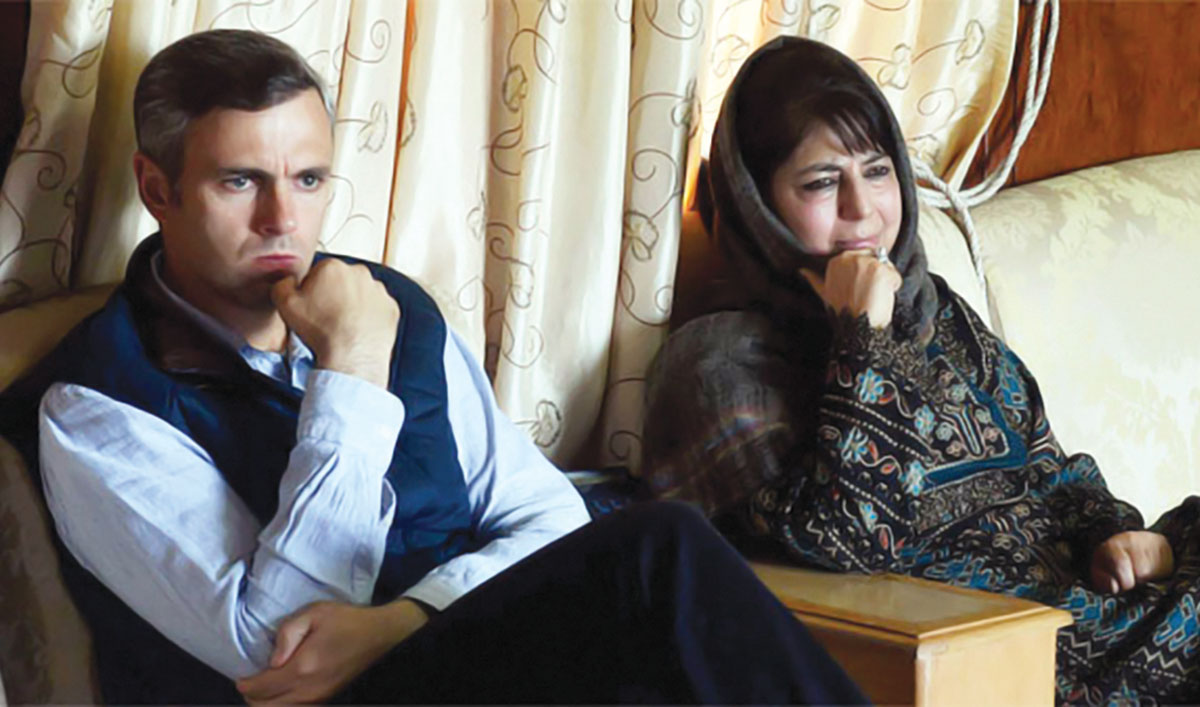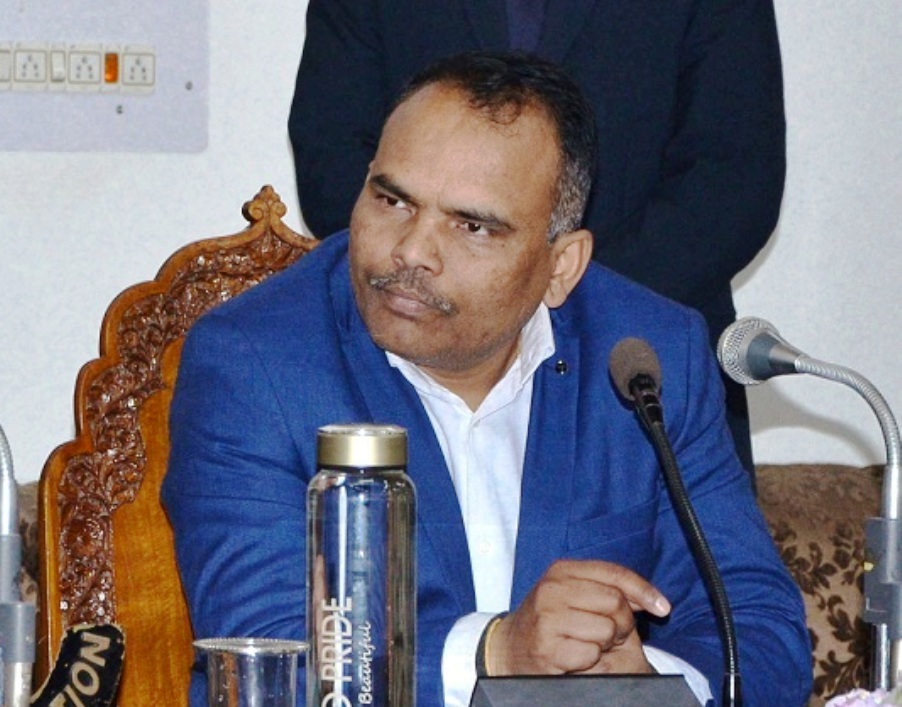AHAMD RIYAZ
India and Pakistan have once again been sparring over Kashmir. The recent UN session saw some bitter wrangling over the dispute. At one such confrontation, India’s representative Congress MP Charan Das reiterated that the elections in Kashmir were a substitute for the expression of will of its people and Pakistani delegate Tahir Andrabi rejected the argument. Islamabad’s contention is that Kashmir’s constituent assembly is not mandated to decide on the destiny of the state.
This is an old argument, repeated and regurgitated, in the exchanges between the two countries. However, in recent months, the argument has again acquired a certain rawness and stridency in the tone. The reason for this is the ongoing troubled situation in Kashmir. The loss of 111 lives in the protests – most of them teenagers – have lent a fresh urgency to the need for a political solution. New Delhi has woken up to make some demonstrative moves to address the situation locally – sending all party delegation and unveiling an eight point initiative. And Islamabad, on the other hand, boosted by the indigenous nature of the current unrest in Valley has chosen to advertise its traditional case on Kashmir.
For once, the country doesn’t feel defensive about its alleged hand in fomenting trouble in J&K. The predominantly popular sources of the current agitation have made it difficult to accuse Islamabad of a role. But while this has introduced some minor shift in the standard narrative on Kashmir, the situation in no way has become less complex. India and Pakistan have again positioned themselves rigidly, ratcheting up their old rhetoric. Pakistan has also returned to its historical stand, making the UN resolutions as the bedrock for Kashmir solution.
This is a far cry from the former Pakistan president Pervez Musharraf’s radically flexible position on Kashmir. His four point proposals which envisaged a Kashmir solution without any radical geographical modifications and New Delhi’s gradual warming up to the ideas have vanished from the discourse. UN resolutions are back in vogue. And that too around the time the two countries are looking to sit for another round of dialogue. Pakistan foreign minister Shah Mehmood Qureshi will be traveling to New Delhi to hold parleys with his counterpart S M Krishna.
But the creeping bitterness between the two countries is looming large on the engagement. Qureshi has launched some aggressive rhetoric on Kashmir, calling on US to intervene. There is also a widening difference over the agenda with Pakistan seeking a return to the Composite Dialogue Process and meaningful discussion on Kashmir. India, on the other hand, wants a thrust on terrorism besides demonstrative action against the perpetrators of the Mumbai attack.
With such differences, the fate of another round of talks looks predictable. Now the challenge for the two countries is to not only carry the talks process forward and protect it from the usual treacherous turns in their relationship but also to take steps to bridge their differences on the talks agenda itself. Ever since Musharraf exited the scene, there has been an out and out drift in their relationship. It is time both countries make efforts to bring back trust in their engagement and accommodate each other’s concerns and sensitivities. Only such an approach holds hope of a positive outcome. Peace in the region needs the two countries to step up to this challenge without outside pressure. And Kashmir as a major bone of contention will need to be tackled head on.









